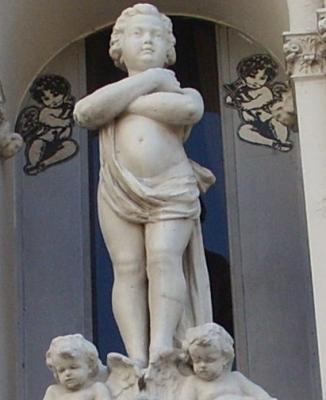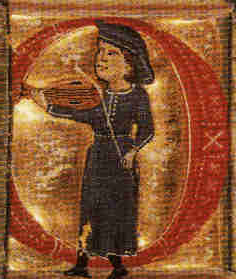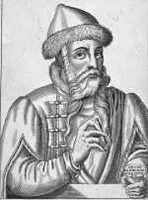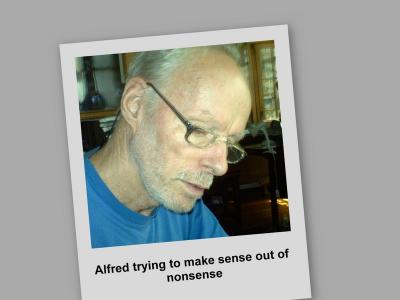Taller de juegos teatrales para escritores en La Paz

El 14 y 15 de agosto se realizará en La Paz, Entre Ríos, Argentina el segundo taller de juegos teatrales para escritores, un evento con entrada libre que se efectuará en la Casa de la Cultura de la ciudad. Al respecto, se ha dado a conocer un trabajo sobre el tema, que publicamos a continuación:
Alguna vez dijo Artaud, dramaturgo y director teatral, que el actor “es un atleta del corazón.” Es decir, trabaja simultáneamente con su cuerpo, sus emociones y su inteligencia. Habría que agregar que además emplea su memoria, sus pasiones, experiencias, miedos, alegrías, sus dolores, sus penas, su pasado y presente, su energía, su imaginación, sus músculos, palabras propias o lucha con las que el dramaturgo puso en el guión.
Es un trabajo exigente, de sutil equilibrio; un exceso de emoción puede terminar en psicodrama, un cuerpo sobrecargado de tensión puede resultar contraproducente; el actor debe saber hacia dónde dirigir su atención, de dónde viene, hacia dónde va, buscar un comportamiento que se irá forjando naturalmente, encontrar cómo cambiar el tono de su voz, variar la dirección de su mirada, vincularse con los objetos, el espacio, los demás actores…Cada actor puede y debe desarrollar su propio método de trabajo, su estilo creativo—basado, claro está, en el estudio de los grandes maestros y en su propia práctica
En este taller vamos a investigar algunas técnicas de actuación y de narración oral de cuentos que pueden servir al escritor, o al poeta, pues en todas las actividades creativas hay actitudes y rutinas de gran utilidad que puedan enriquecer la creación.
La creación es mágica. ¿De dónde sale? ¿Cómo hace el actor o el escritor para imaginar el castillo de Hamlet? Todos los días observamos cosas, acumulamos experiencias, sufrimos o saltamos de alegría. Es la imagen la que nos conecta con alguna experiencia vivida. ¡Pobre actor! Tal vez nunca haya estado en aquel castillo gris del Príncipe de Dinamarca. Emplea entonces lo que Stanislavsky llamó la “memoria emotiva.” Nunca ha estado en un castillo pero quizás haya dormido alguna vez en un casco de estancia abandonado. Es una imagen vivida que puede transformar según sus necesidades creativas. El escritor tampoco ha visto el castillo, pero hay algo en el sonido de la palabra que le fascina y el sonido va rebotando en su cabeza, provocando un sin número de imágenes, personajes o acciones y, inspirado, levanta su lápiz y comienza a escribir. Pronto parece que una fuerza invisible dirige el movimiento del lápiz (o recorre las teclas de la computadora). ¡El lápiz tiene otro dueño!
La herramienta básica del creador es la improvisación, a partir de un estímulo que provoca una reacción (una interacción en el caso de actores) y surgen personajes, conflictos que piden ser resueltos. Para los creadores la improvisación es una búsqueda, una exploración, pero debe obedecer a reglas mínimas para lograr su acometido. No hay posibilidad de lenguaje a partir de una libertad sin límites. La ruptura, esencial en cualquer actividad artística, necesariamente ha de encontrar su cauce.


